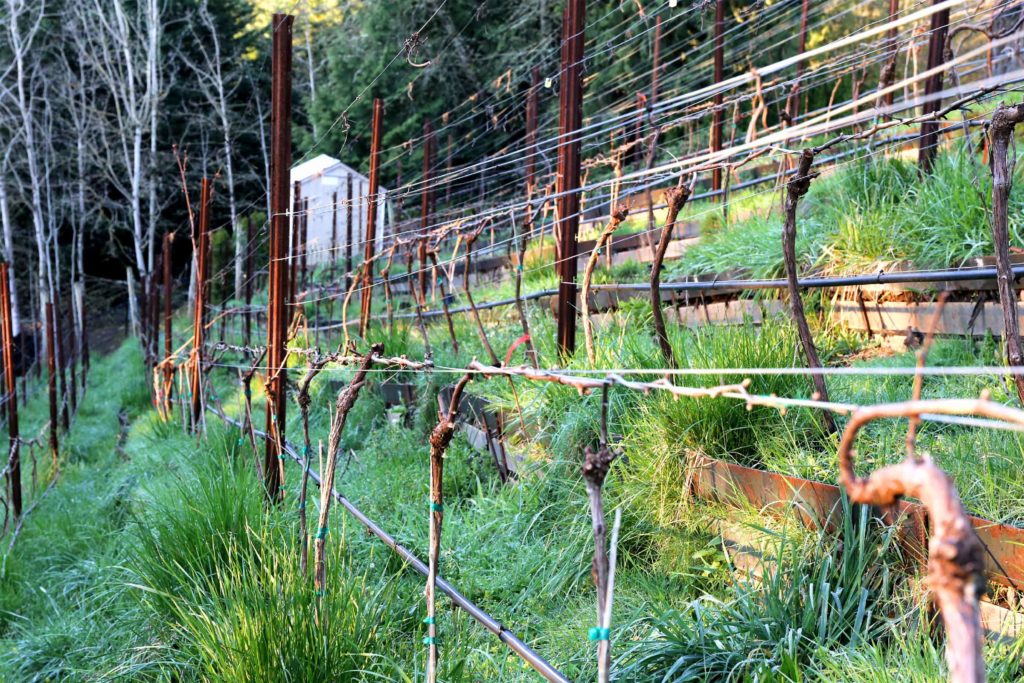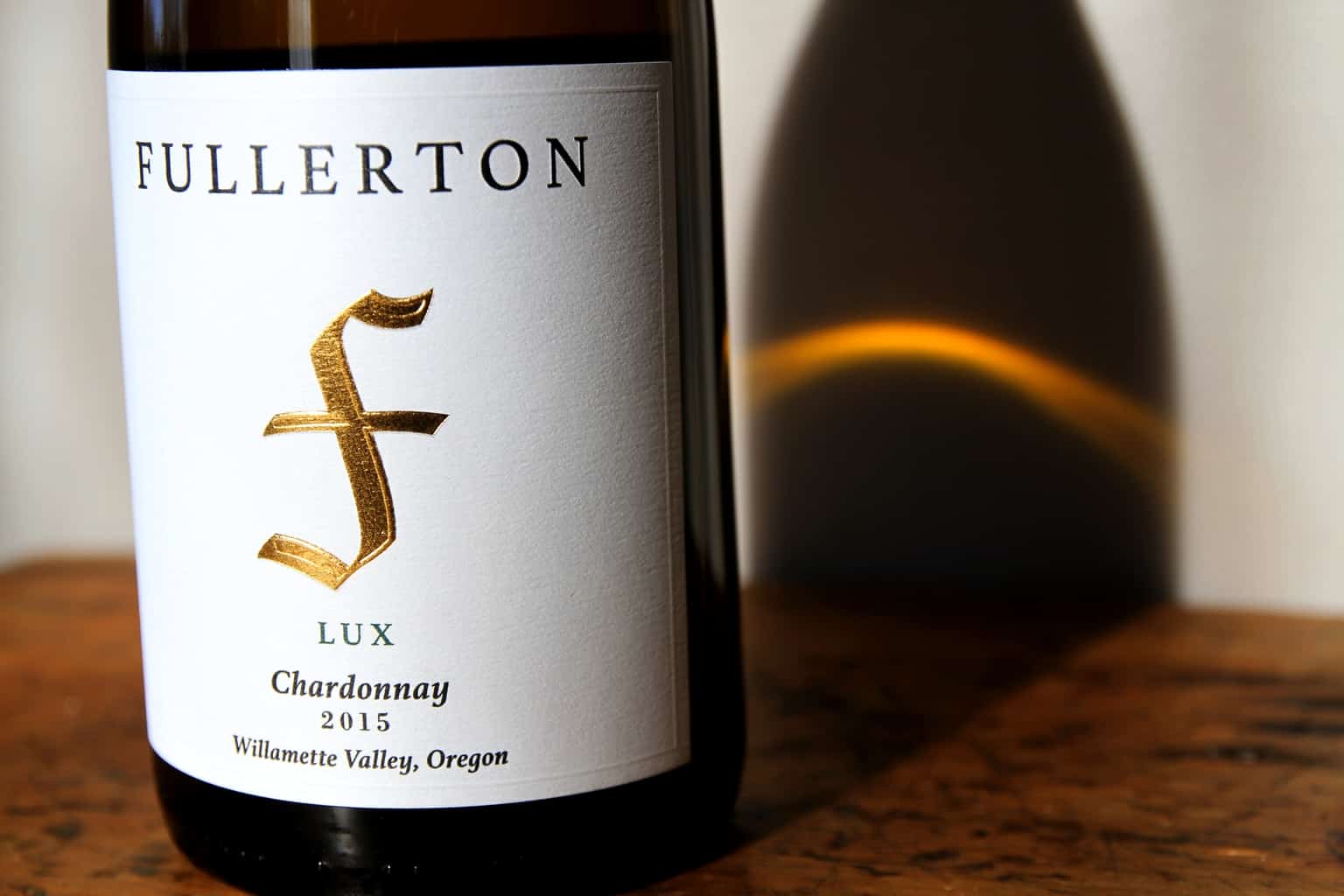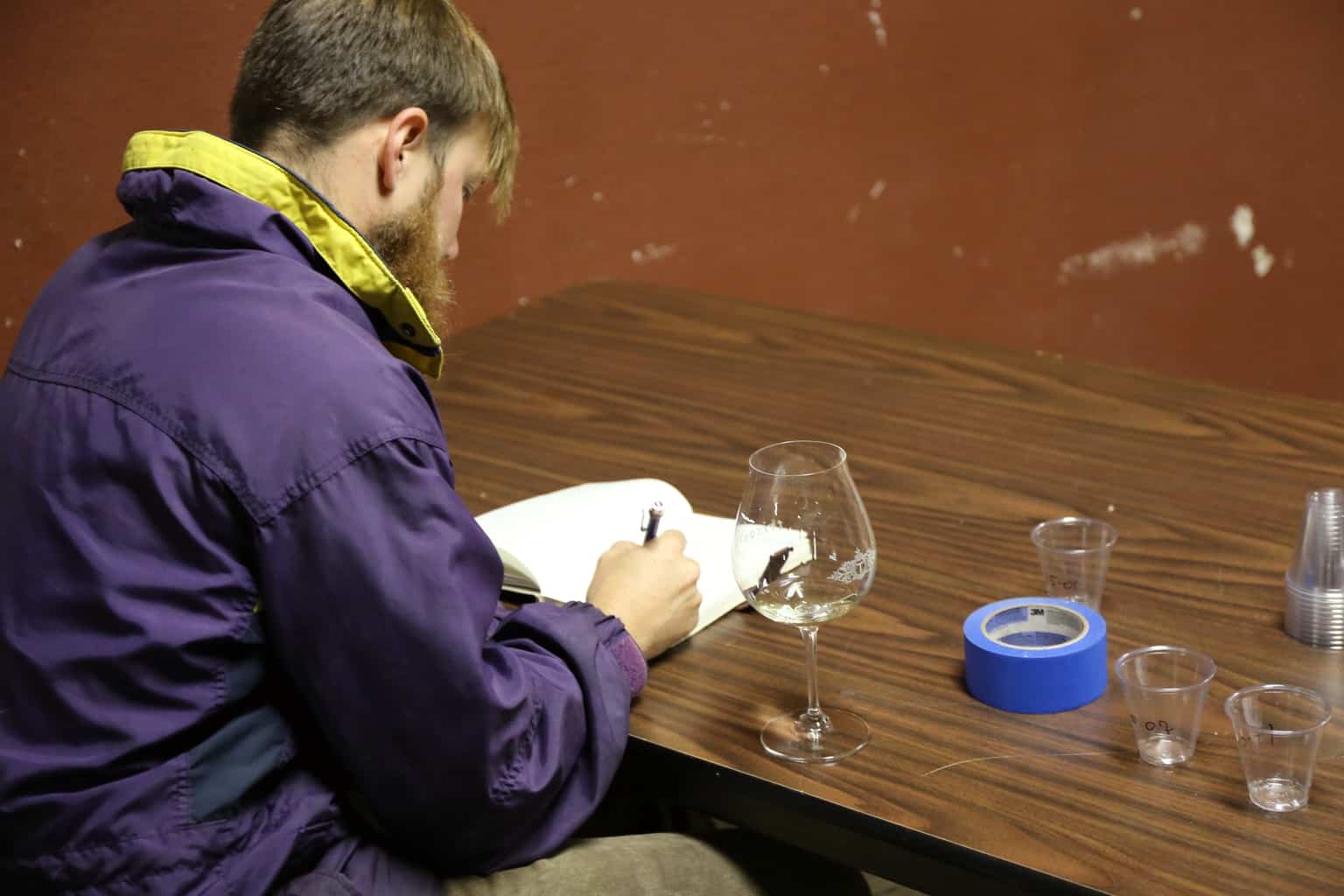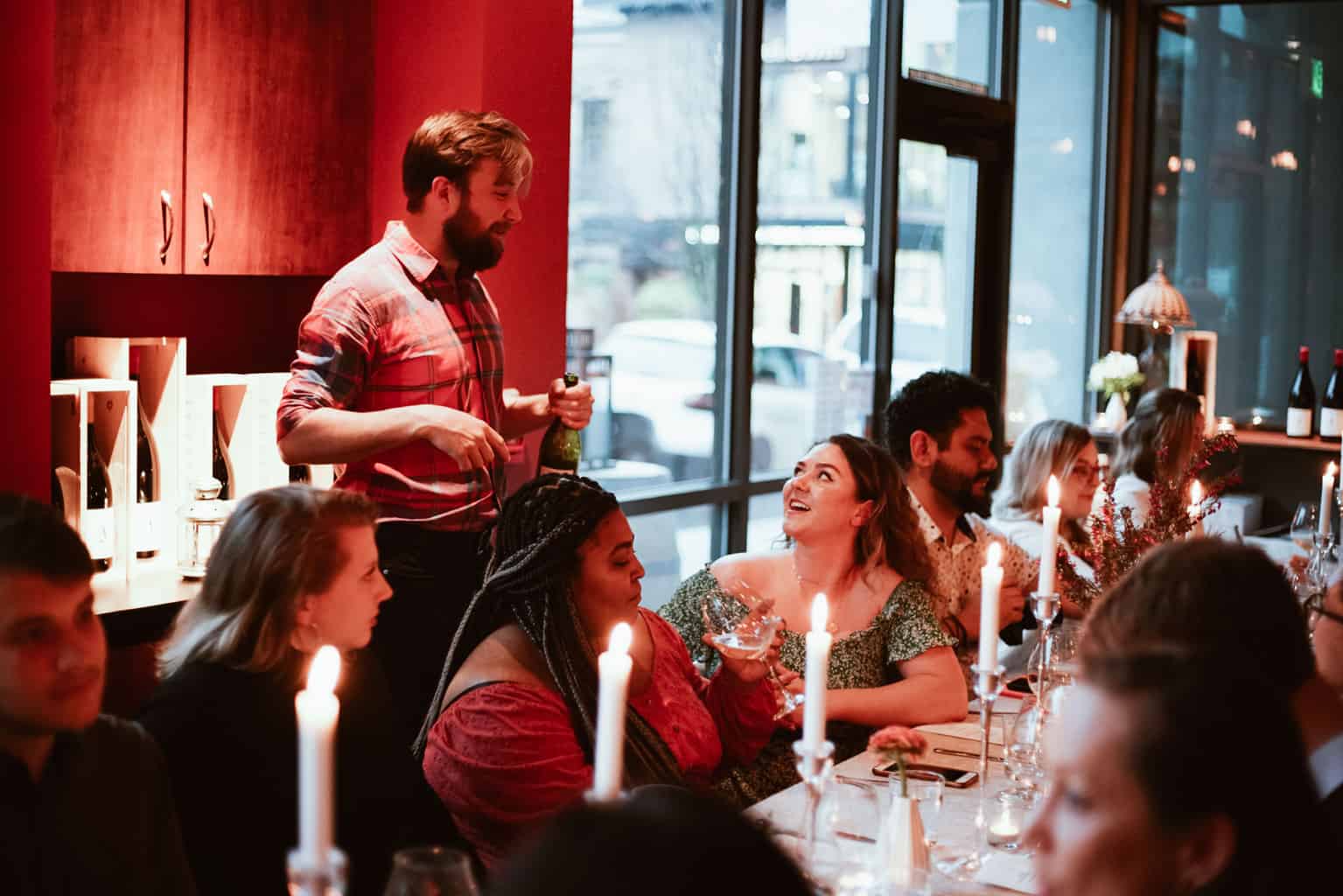Vineyard Certifications: Biodynamic, Organic, Salmon Safe, and LIVE
Oregon and sustainability go together like Fred Astaire and Ginger Rogers. When tasting wine around the Willamette Valley, terms like Biodynamic, Salmon Safe, and Organic get mentioned frequently. What sets these terms apart? Read on for an overview of the four main certifications used in the Willamette Valley.
Biodynamic®
Certifying Body: Demeter®
Details:
- A merging of philosophy and science, grounded in the interconnectivity of the universe and living things
- Vineyard tasks completed according to moon cycles, including planting, pruning, spraying, and harvesting
- Vineyard preparations—sprays, composts—created onsite, in accordance with the lunar calendar, using estate-grown herbs, flowers, and farm animal manure
- Each preparation, numbered Biodynamic® 500-508, has rules around their creation and use
In Short:
Biodynamic® farming takes sustainability to a new level, while incorporating respect for the earth’s energy and cycles. Biodynamic® farms have vibrant, biologically diverse soils.
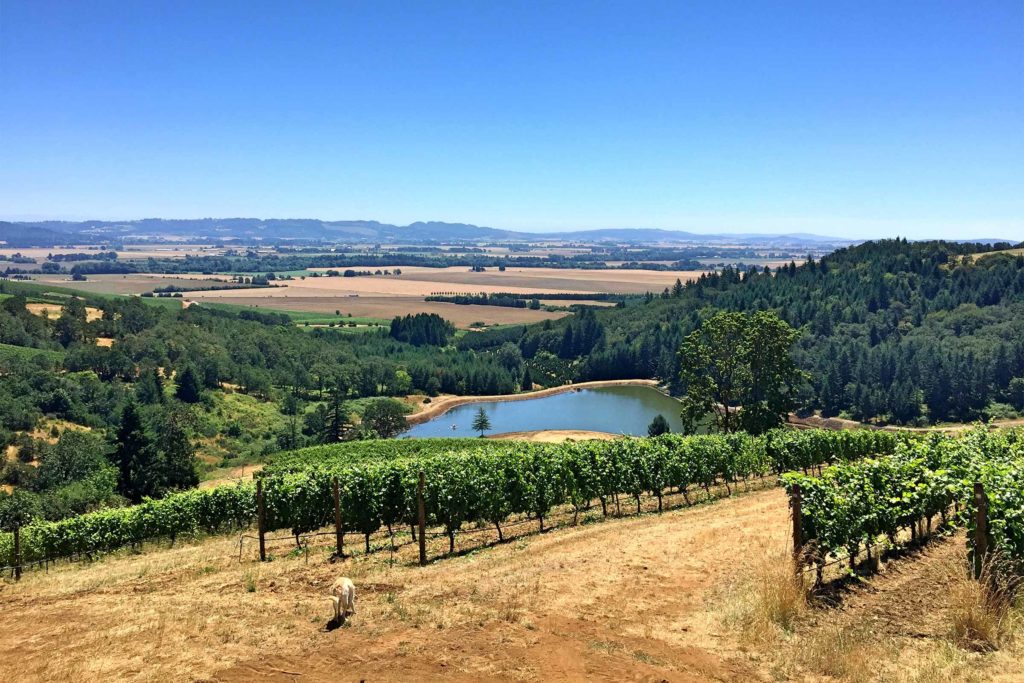
Organic (agriculture)
Certifying Body: Oregon Tilth, Quality Assurance International, United States Department of Agriculture
Details:
- Practices vary depending upon the certifying body
- Generally, synthetic sprays (pesticides and herbicides), and GMO seeds and cuttings are prohibited
- Soils free of prohibited substances for three years prior to harvest to ensure uncontaminated crops
- Regular on-site inspections required
In Short:
Organic farms are certified, unlike the generic term “sustainable,” giving peace of mind to consumers concerned about the use of synthetic sprays and GMOs.
LIVE (Low Input Viticulture and Enology)
Certifying Body: International Organization for Biological Control (IOBC)
Details:
- Developed in 1997 by an independent group of Oregon winegrowers
- Spread regionally and then internationally
- A holistic approach to sustainability with emphasis on preservation, social issues (worker health and safety), and community
- Must reduce or prevent water run off into streams, manage natural pesticide use, incorporate riparian areas, and reduce sprays
- Regular third-party inspections required to maintain certification
In Short:
LIVE certification provides flexibility by not absolutely restricting synthetic inputs. Rather, LIVE monitors their use through detailed documentation, and then requires a reduction over time. LIVE also regulates farms beyond vine management by considering the health of the employees and community during the certification process.
Salmon Safe
Certifying Body: IOBC (LIVE), Oregon Tilth
Details:
- Developed in 1997 by the Pacific Rivers Council
- Used as a corollary certification in conjunction with other certifications
- Certifies farming practices that restore and protect healthy streams and rivers, focusing especially on the control of soil erosion and runoff, and on maintaining buffer zones in riparian areas to protect water quality
In Short:
This add-on certification focuses attention on farm water run-off to improve the health of streams, and consequently salmon.
A Final Note
Vineyards described as using “organic practices” or “biodynamic practices” are not certified. However, this shouldn’t delegitimize the claim. Many small growers and producers cannot afford the certification process, including the staff time required to obtain certification.
